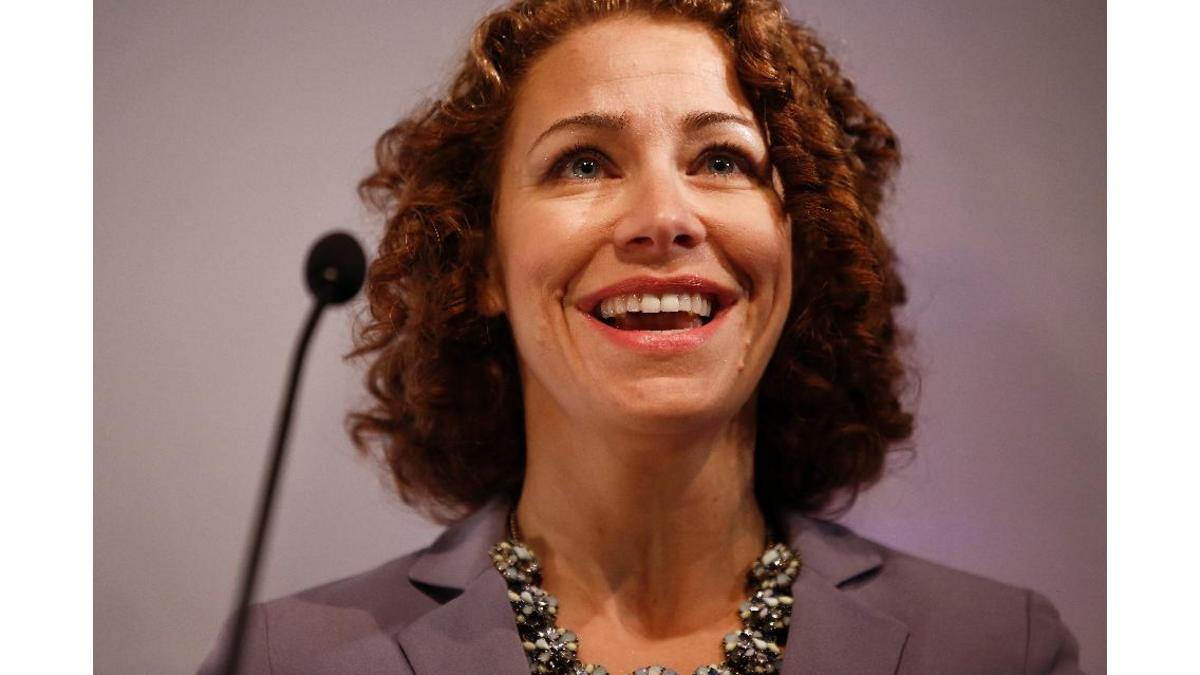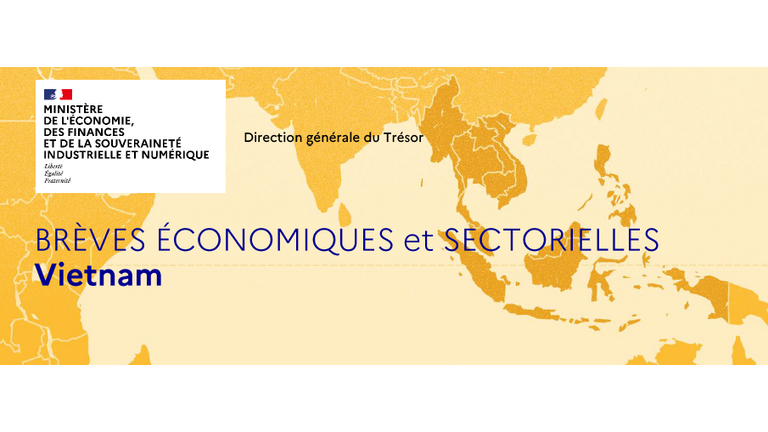Análises & Estudos • Elemzések és tanulmányok • 連載・特集 • Analyser & studier • Analizler ve Çalışmalar • Analize si Studii • Analyser og undersøkelser • Analyse en studie • Analize & Istraživanja • Аналіз та дослідження • Анализ & Исследования • Αναλύσεις & Μελέτες • 시장조사 • Analyysit ja tutkimukset • Analýzy & Štúdie • Анализи & Проучвания • Analiza & Studime • Analýzy & Studie • Analysen & Studien • Analyses & Etudes
A Call For Fewer Heroes In Leadership As U.K. Sees Drop In Women In Senior Business Roles

Managing risk is high on the agenda for all businesses in 2017. In a United Kingdom fractured by uncertainty following the Brexit vote, businesses are struggling for resilience. But while the need for gender diversity is now globally recognized and the number of women in senior business roles across the world has inched upwards, in the U.K the proportion of senior business roles held by women has fallen, says a report. On International Women's Day or #IWD2017, it raises the question of the need for deep-seated cultural change around what is expected from leadership for true progression on gender equality.
Women in Business: New perspectives on risk and reward, a report by professional services firm Grant Thornton UK LLP, is based on an annual survey of 5,500 businesses in 36 economies. It reveals that the proportion of senior business roles held by women in the U.K. has fallen from 21% in 2016 to 19% in 2017. At the same time, the percentage of businesses in the U.K. with no women in senior management has risen from 36% in 2016 to 41% in 2017.
Sacha Romanovitch, incoming CEO of Grant Thornton UK LLP, speaks during the Grant Thornton business themed debate at the British Museum in London, U.K., on Tuesday, April 14, 2015.
By contrast, globally, the proportion of senior business roles held by women has hit a high of 25% - but progress is slow, with an increase of only 1% compared to 2016.
I have a strong sense of déjà vu: see my coverage on Forbes last year, which appears to have attracted attention. But the message is clearly not getting through.
"We know that diversity is central to shaping a vibrant economy in which people and businesses thrive. Diversity means there are a greater variety of ways of thinking, opening organizations up to new perspectives. The diversity agenda is all about creating an environment that is conducive to all - and what women see of leadership isn’t always that attractive. To this end we need to see a fundamental shift in what leadership looks like and what is expected of people in senior leadership positions" says Sacha Romanovitch, CEO of Grant Thornton UK, LLP - and the first woman to hold that role.
"Established notions of leadership are letting women down" she says.
"The ‘hero model’ of leadership, where the individual commanding must be perfect and the job all-consuming, is still extremely prevalent, whilst more collaborative and inclusive forms of leadership are overlooked. This is a real concern as it suggests businesses are squandering the full potential of their people. Businesses need to re-balance what leadership is to make it attractive to future leaders who expect the role to be interesting, meaningful, flexible and with reasonable reward too” she adds.
Ms Romanovitch is not the only woman in a powerful position in business in the U.K. to feel this way.
I interviewed another female CEO recently (watch out for the U.K. Chartered Management Institute interview in their Professional Managers magazine, end-April cover) who made it clear that she thought talk about 'hitting numbers' for women in senior management was a nonsense, until the culture changed enough both to attract them, and to keep them. Corporate culture is being looked at by the U.K.'s independent regulator on corporate governance, the Financial Reporting Council (FRC), but not in this context.
But perhaps it is time to bring diversity (in all its senses, not merely gender) , corporate culture, productivity and risk management together in one place for every business fit for purpose - and best corporate governance - for the challenges ahead.
Any self-respecting journalist knows that reports and surveys always have to be taken with a pinch of salt, as they tend to be self-serving. They also come in droves around events like #IWD2017, particularly if they are tried and tested to have performed well in the past. So please look also at a study just out from Mastercard that says "fear of failure, low perceived capabilities and opportunities, and untapped talents are holding women in the U.K. back from starting a business."
Its index of women entrepreneurs finds that the two main obstacles that most discourage women from becoming entrepreneurs are cultural biases and fewer opportunities for their advancement. The U.K. ranks 9th, with 67.9% in the top 10 markets with the strongest supporting conditions and opportunities for women to thrive as entrepreneurs (scored out of 100).
It lags behind lower-income economies such as Uganda (34.8%), Bangladesh (31.6%) and Vietnam (31.4%), who have some of the highest percentages of women entrepreneurs.
Source: Forbes


